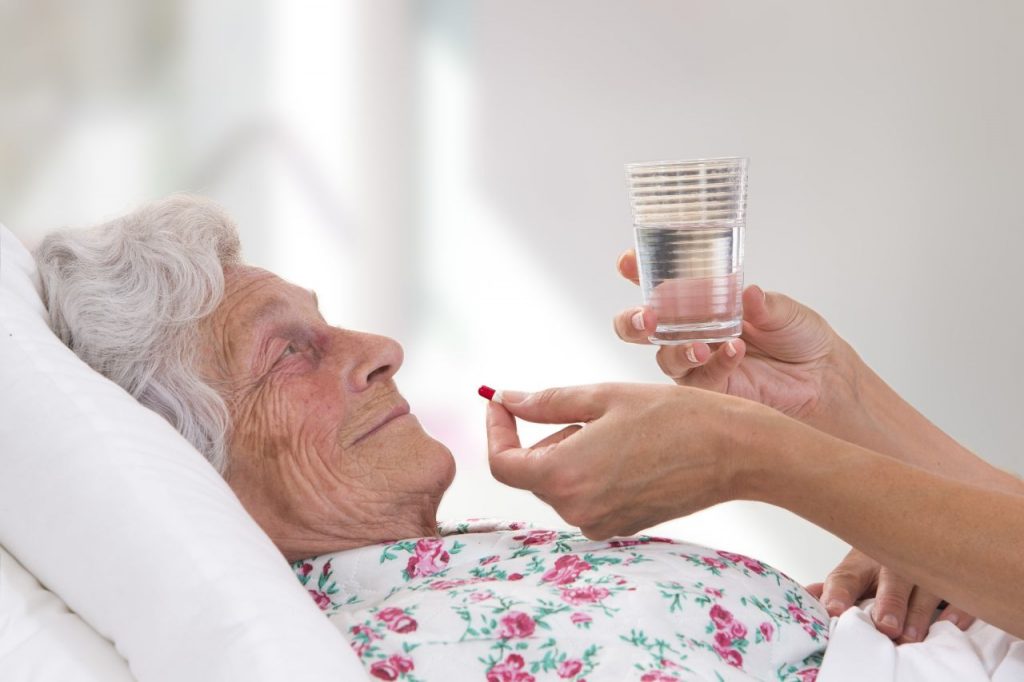Many Nursing Homes Abuse Antipsychotic Drugs As “Chemical Restraints”
Each week, 179,000 nursing home residents are given antipsychotic drugs for conditions that the medications were not approved for, according to the Human Rights Watch. Unfortunately many nursing homes use antipsychotics to help handle patients considered difficult because of dementia or Alzheimer’s. But federal law prohibits the use of such drugs as “chemical restraints” to help manage these types of patients.
FDA Warnings
Even more alarming, the FDA has given these drugs a “black box warning,” advising that people with dementia who took these medications were at increased risk of heart failure, stroke, infection, and death.
Improper Uses of Antipsychotic Medication
“Nursing homes should not administer antipsychotics without a documented medical need or as a substitute for good, individualized care. It’s illegal,” says John Dalli, a partner in the law firm Dalli & Marino, LLP.
Antipsychotic medications like Abilify and Seroquel treat mental disorders such as schizophrenia, paranoia, hallucinations and the mania associated with bipolar disorder. Known as “major tranquilizers,” they calm and suppress certain mood-controlling chemicals in the brain like dopamine.
But besides increasing health risks if misused, antipsychotics can negatively impact your loved one’s interaction with the world. The National Consumer Voice, a nursing home resident advocacy group, describes the common side effects as:
- Sedated to the point where they become listless and unresponsive
- Slumped in wheelchairs or unable to get up from bed
- No longer able to participate in activities they enjoy, or even talk with their families
Administering antipsychotics also significantly increases the risk of falls in elderly patients, which is already the number one cause of injury in adults over 65.
What to Do If You See Violations
“It’s important to immediately address any abrupt changes you see in your parent or loved one’s cognitive ability, mood or behavior,” said Dalli. “Ask to see their records. Talk to their nurses and physicians. Get answers before it escalates into a medical crisis.”
Nursing homes are violating federal law if they are giving antipsychotics to a loved one without a doctor’s order, medical necessity, or the patient’s informed consent. In addition to compensation for medical conditions caused by antipsychotics, you or your loved one may file a lawsuit claiming damage for the emotional pain and suffering associated with the medication’s effect.
To explore your options for litigation, contact the law firm of Dalli & Marino today at 1-888-465-8790 [Toll-Free] or complete the CASE EVALUATION FORM on our Contact Page.
Contact Dalli & Marino
Since 1999, Dalli & Marino has helped families recover millions of dollars in cases of the illegal use, or over-prescription, of antipsychotic drugs by nursing home and other care facility staff to sedate elderly residents. Our team serves Suffolk and Nassau Counties (Long Island), Manhattan, Brooklyn, the Bronx, Queens, Staten Island and Westchester County.



